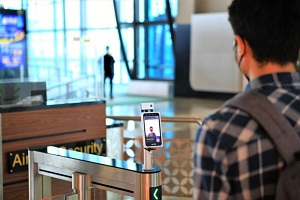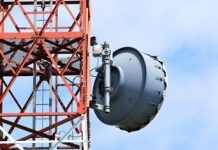The digital transformation of the airport experience continues with the announcement that Jakarta’s Soekarno-Hatta Airport is trialing face biometrics for passenger processing, with the goal of having the technology fully operational by January 2022.
Reports say the facial recognition system is being developed by PT Angkasa Pura II, Jararta’s state-owned airport operator. The biometric screening technology will be rolled out in phases, starting at a security checkpoint in the Domestic Departures terminal.
Facial recognition for airport passenger processing is rapidly gaining momentum around the world as a solution to enhance the airline customer experience without detracting from the necessary security measures that come with air travel. The aim of such systems is to allow enrolled passengers to seamlessly move from curb-to-gate without needing to stop and show boarding passes or travel documents at security checkpoints.
In the era of the COVID-19 pandemic, touchless biometric security is even more sought after in high throughput environments like airports, since it enables social distancing measures to be observed while offering high levels of security without slowing things down.
Muhammad Awaluddin, President Director of Angkasa Pura II, positioned the implementation of facial recognition as something of an expectation. “The goal is to improve the national airport sector to a higher level and in line with the global best practices.”
Indeed, biometric processing seems well on the way to global ubiquity, with recent deployments all over the world, from Japan, to India, to Lisbon, and California. And the trend isn’t about to slow down. A recent report from Valour Consultancy and P.A.ID Strategies estimates the number of biometric touchpoints in airports to increase 320 percent by the end of this decade. In recent years, some of the more ambitious biometric initiatives, like the one underway at the Hawaii Department of Transportation, have expanded from the airport to hospitality and guest services. Expansion is on the docket for Angkasa Pura II, as well. Once the biometric system is fully operational at Soekarno-Hatta, the plan is to have it expanded to the other airports managed by the operator.








